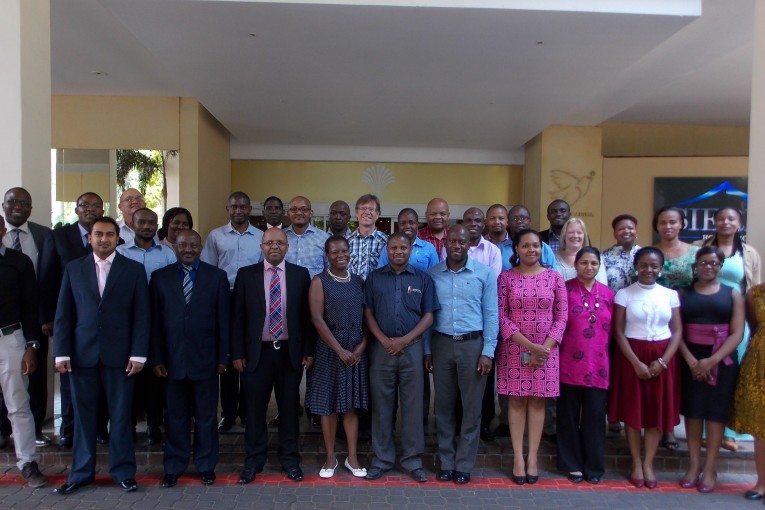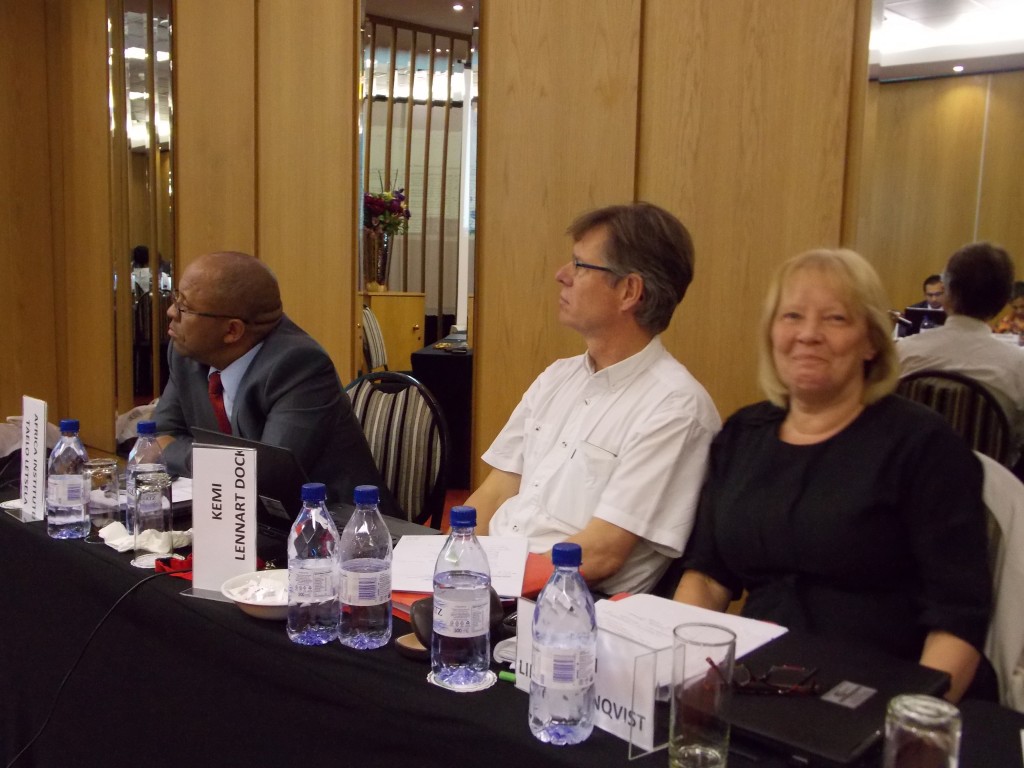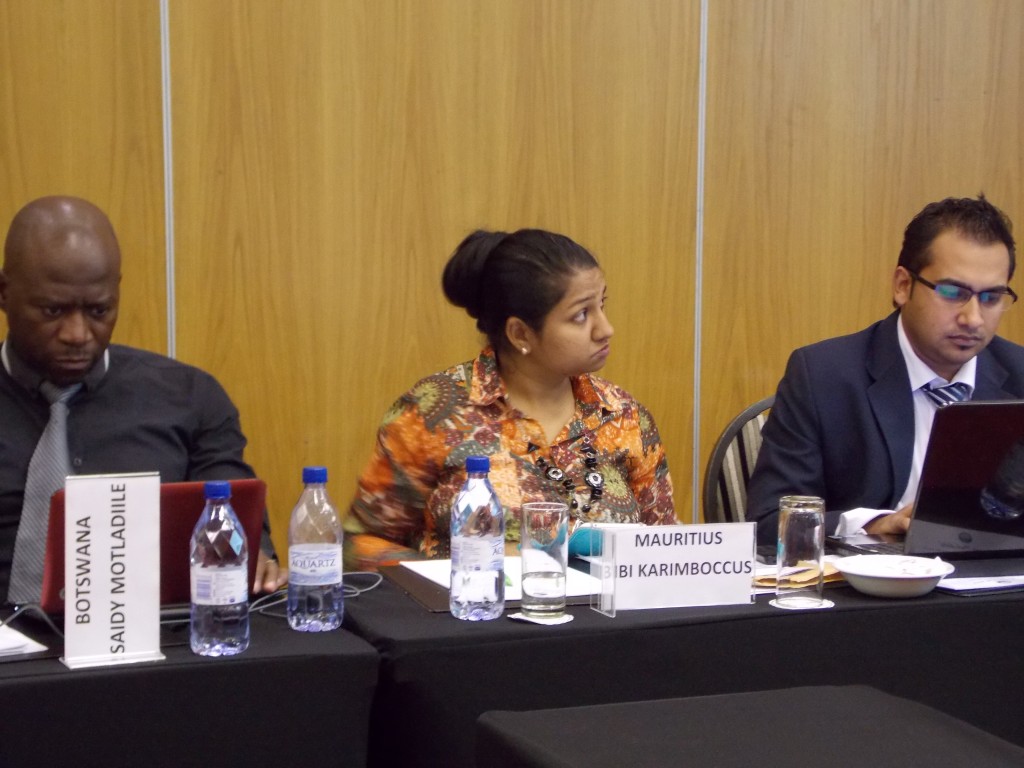
Awareness of possible risks posed by chemicals is still low among major segments of the African population. This is further complicated by the general lack of reliable data and information on toxicity and safe use practices for chemicals. Access to such information in local languages is key to improving environmentally sound management of chemicals. There is also a need for streamlining chemical information exchange in the region to include development of national pollutant and transfer registers, as well as GHS Information exchange on toxic chemicals. Although by 1999 over 22 countries had established their National Pollutant Transfer Register globally, no significant progress had been made in Africa regarding establishment of national pollutant and transfer registers. The four African pilot countries (the Gambia, Nigeria, Senegal and South Africa) have made good progress with GHS implementation in particular in upstream production of chemicals. Challenges remain in the more informal downstream sector dominated by small and often unorganized businesses that produce chemical-containing consumer and industrial products.
Most African countries still lack the institutions and facilities to monitor key chemicals in the environment, and hence develop appropriate control strategies to prevent adverse impacts on human health and the environment. The positive contribution of UNEP’s African regional centres for chemical analysis and data generation is acknowledged.
Environmental regulation is a relatively young approach to waste and pollution control, with most environmental legislation having been promulgated in the past 20-30 years in developed countries, and even more recently in developing countries. African countries face a number of challenges in successfully implementing policy on safe chemical alternatives: lack of financial and human resources; insufficient political support; an unsupportive legal environment; lack of clarity regarding the role of government and the intention of policy, leading to a lack of ownership and to ineffective policy; and a lack of supporting data.
The Africa Review report on chemicals has acknowledged Lessons learned over the past two to three decades and the way forward was tabled, among the resolutions are:
• African countries expect continuous international support for sustainable industrial development and greening of their industry and economy. This support should be extended towards helping them achieve their commitments under the JPOI and MDGs, including through the development of their human, institutional and technical resources for achieving environmentally sound management of chemicals.
• In general, Africa expects that environmentally sound management of chemicals will become an integral element of the financial, technical and other support provided by its development partners, including under such mechanisms like the Monterrey Agreement.
In the bid to assist the region, KEMI through its Global programme has partnered with the Africa Institute in a four year project aimed at enhancing Chemicals management capacity of selected countries in the region. The first of the four approved workshops was held in Pretoria South Africa in November 2015.
The goal of the programme is to provide the basis for countries to raise their capacity to reduce the risks associated with chemicals, by providing guidance on the development of legislation and sustainable institutions for functioning chemicals control. This is to make it easier for countries to take part in global development in the area, take the recommended measures in the global chemical strategy (SAICM) and ratify and implement the global conventions on chemicals. The programme is primarily to involve ministries and authorities, but also to some extent other actors in society in a broader sense.
This first workshop centred on Dissemination of guidance documents on legislation and institutional capacity, including secondary legislation, this was to raise the awareness, understanding and skills in the application of existing guiding resources for regulatory regime and continues to discuss with each other and engage their peers in the implementation challenges and experiences. It is expected that such interactions would maintain the momentum of implementation and keep chemicals management issues on official desks and therefore in the countries’ development agendas.
Ten(10) English speaking African countries participated in this initiative – Botswana, Ghana, Lesotho, Malawi, Mauritius, Namibia, South Africa, Swaziland, Tanzania and Zambia; The response was positive in terms of discussions and strategies going forward, however, participants noted that the real challenges they face in their countries remain as:
• Inadequate priority placed on chemicals management issues and thus inadequate financial allocation to national initiatives
• Poor coordination of the operations of governments, not only in chemicals management but also in environment in general. There is a high degree of territorial defence and “silo” operation; as a result overlaps, duplications and conflicts arise which not only hamper implementation but also drain investment.
• Poor linkages among technocrats and decision makers result in many plans and programs simply lying on the tables without resources to implement.
The workshop put emphasis on the following five guidance themes:
• Introduction to SAICM and the new Sustainable Development Goals (SDGs)
• UNEP: guidance on development of legislation, administrative infrastructures and recovery of administrative costs – LIRA guidance
• UNDP guide for integrating the sound management of chemicals into development planning
• UNEP: costs of inaction on the sound management of chemicals
• UNITAR 2010 Developing a National GHS Implementation Strategy






